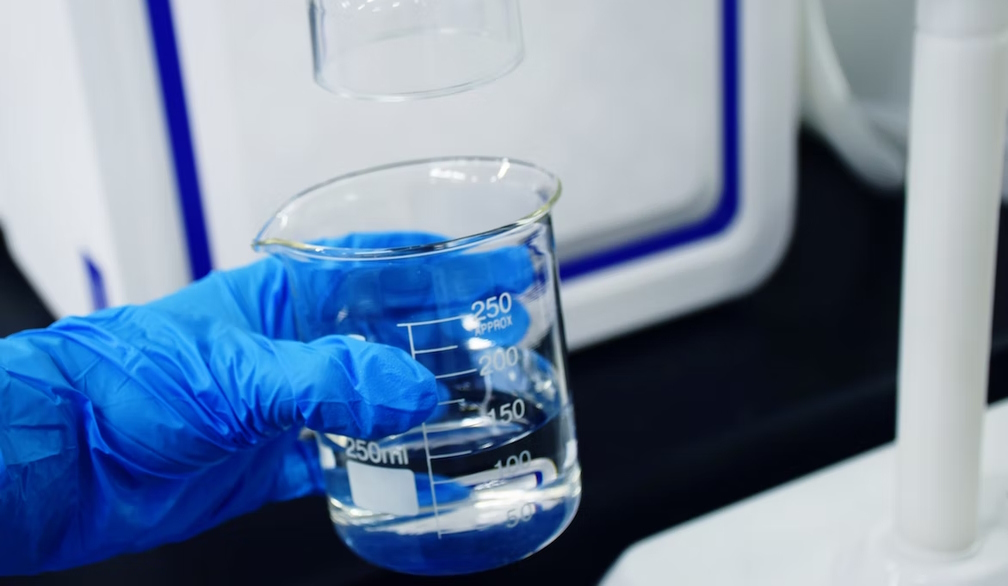Water Contamination a Growing Issue for NSW Residents

Growing up in Australia, we’re fortunate to be able to rely on our drinking water. Turning on the tap to quench our thirst over the scorching summer months. Childhoods spent chasing siblings and friends around the backyard with a hose on the warmest days. Access to clean, safe water is a creature comfort we take for granted.
However, occasionally unexpected incidents affect the quality of our water, bringing with it potentially harmful bacteria and other nasties.
Wild weather and heavy rain that inundated the state in 2022 placed Sydney Water’s filtration system under extreme pressure. High rainfall and full catchments have resulted in the Greater Sydney dam levels sitting close to 95%. However, the ability to treat and clean the extensive amount of raw water is not a simple task.
High sediment levels and algae presence as well as fertilisers, pesticides and other chemicals that have washed into our water ways means water contamination is a growing issue for NSW residents. Floodwaters can contain many concerning contaminants due to the overflow of sewers and riverbanks. Everything from leaves to dirt and all manner of debris makes the demand for safe drinking water difficult to meet.
Residents opting to install water filtration systems in homes
Potentially toxic algae and other contaminants can cause health concerns ranging from skin and eye irritations to viruses that can linger. Many Sydney residents are opting for alternatives within their own homes. Whilst there is generally no need to filter tap water after it has been safely treated, given the latest safety concerns, bottled water and the return to boiling water before consuming is on the rise.
"There's been a definite spike in under-sink water filtration system installations in Sydney over the last year. With so many incidents across NSW and Australia, people are becoming worried about water quality at home," said North Sydney Plumber, Joe Rantino.
If water smells, tastes, or looks unusual, safety is paramount. Avoid using unfiltered tap water to wash dishes, brush teeth or make ice. Water that is used in the preparation of meals should also be boiled particularly in areas where concerns are being reported. You can easily check the water quality in your area via Sydney Water. The safety and wellbeing of NSW residents is always the highest priority. Taking small steps to reduce the pressure on our treatment plants can make all the difference.





